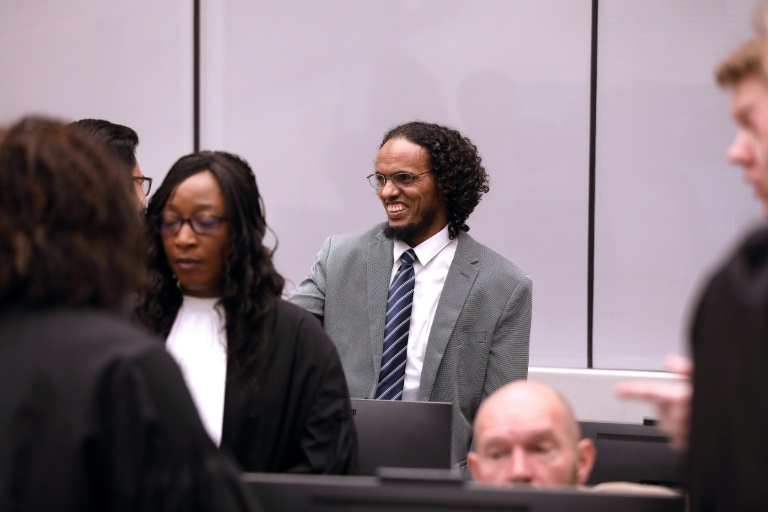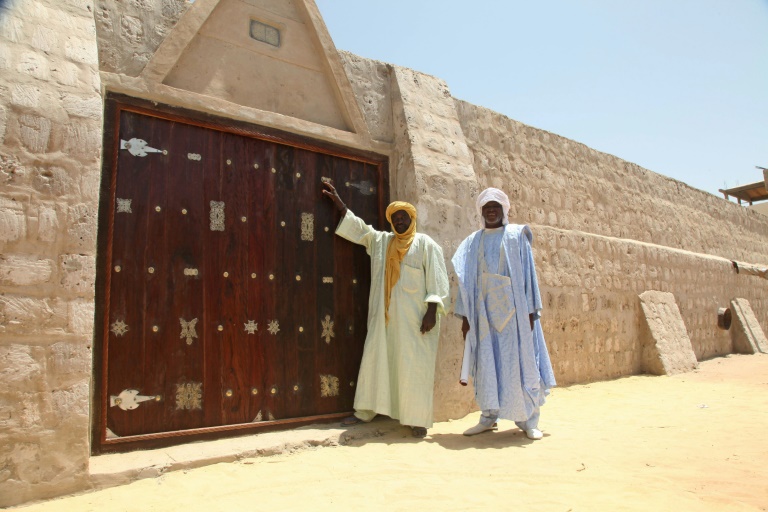Pirates confirm Saleng loan move
Ahmad al-Faqi al-Mahdi was jailed for nine years in 2016 after he pleaded guilty to directing attacks on the UNESCO world heritage site during the jihadist takeover of northern Mali in 2012.
Judges ruled last September that Mahdi “supervised the destruction and gave instructions to the attackers” who used pickaxes and bulldozers to hack apart some of the city’s most ancient landmarks.
Last month the judges announced they will hand down a decision on compensation for victims who suffered from the destruction of the ancient city’s centuries-old shrines and mausoleums.
Mahdi’s case was the first to focus on cultural destruction as a war crime before the Hague-based tribunal and the verdict was seen as a warning that destroying mankind’s heritage will not go unpunished.
Whereas the judgement sent a strong message, an order for reparations “aims to alleviate the lasting imprints of these crimes,” said Alina Balta, a researcher at Tilburg University’s International Victimology Institute.
The International Criminal Court’s order also “has the potential to bring hope to the victims of similar crimes committed in other parts of the world” including the destruction of Palmyra in Syria by the Islamic State group, Balta told AFP.
– ‘Challenging security’ –
According to the court’s founding Rome Statute, judges can decide that victims are entitled to reparations including “restitution, compensation and rehabilitation.”

Ahmad al-Faqi al-Mahdi was jailed for nine years in 2016 after he pleaded guilty to directing attacks on the UNESCO world heritage site
The court can also hand out an order directly against a convicted person, demanding similar reparations.
It was not clear however what type of compensation the judges will decide on at Thursday’s hearing.
But the Trust Fund for Victims which will implement the judges’ order has warned that doing so will be difficult and may still take a considerable amount of time.
In a recent court filing the TFV asked judges to set a deadline for a draft implementation plan “at a minimum of six months.”
The security situation in northern Mali “poses serious challenges not only to the implementation of any awards, but also the amount of time that the Trust Fund may need to consult with all the relevant stakeholders,” the fund said in a submission to the judges.
Furthermore, it was hampered by the fact that many of Timbuktu’s victims had been displaced and were currently not living in the ancient city.
The TFV also warned that victims’ hopes for compensation should be “carefully managed” in order to avoid expectations that are “raised to an unrealistic level, which can lead to confusion, anger and resentment when they were not met.
The fund also noted concerns that “if financial compensation is made a central component of these reparations, it risks creating -– in the face of poverty — an incentive for people in other towns to attack cultural heritage sites”.
– Landmark award –
The reparations will only be the second such award in the history of the court since it began work in 2002.
In March, the ICC awarded symbolic damages of $250 to each of the 297 victims of former Congolese warlord Germain Katanga, who is serving 12 years for a 2003 attack on a village in the troubled Ituri province.
The court estimated the damage caused in the attack at $3.7 million, and found Katanga liable for $1 million of that total, while recognising he was penniless.

ICC judges announced they will hand down a decision on compensation for victims who suffered from the destruction of the ancient city’s centuries-old shrines and mausoleums
Founded between the fifth and 12th centuries by Tuareg tribes, Timbuktu has been dubbed “the city of 333 saints” for the number of Muslim sages buried there.
Revered as a centre of Islamic learning during its golden age in the 15th and 16th centuries, it was however considered idolatrous by the jihadists who swept across Mali’s remote north in early 2012.
September’s landmark verdict by the ICC was also the first arising out of the conflict in Mali, and the first time a jihadist had sat in the dock.